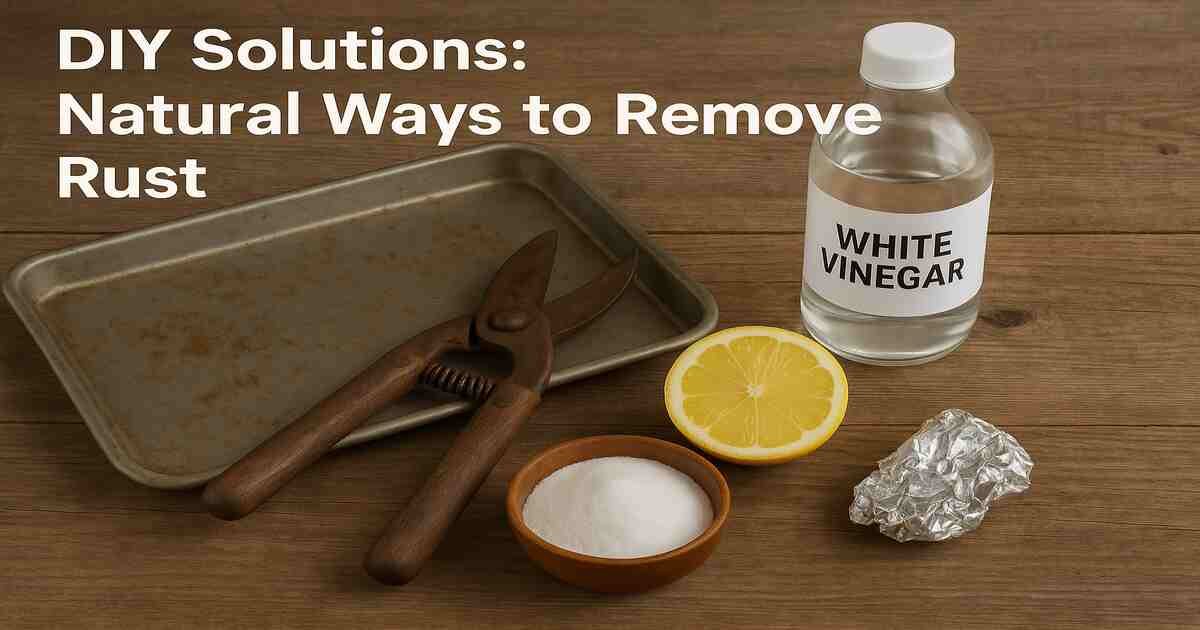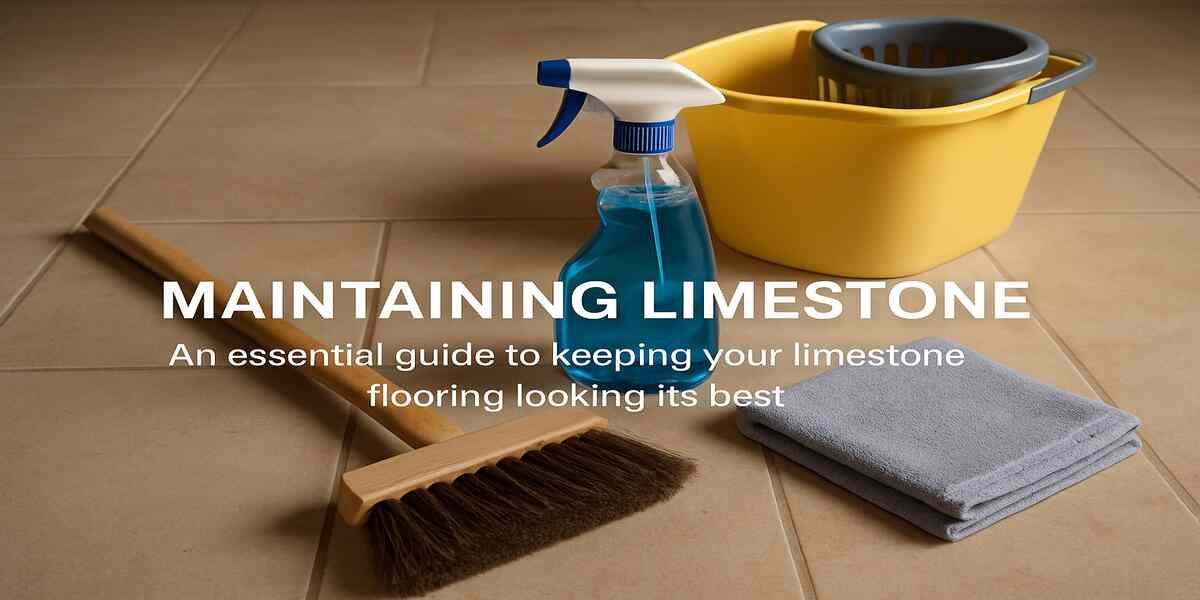Natural Ways to Remove Rust: Easy DIY Solutions

Easy Natural Rust Removal Techniques
Noted that orange-brown patches have gotten onto your tools, pans, or garden furniture, and you are wondering if there can be anything to save them? Rust seems to creep in when one least expects. Today, your garden shears would have been gleaming, but tomorrow they are covered with flaky corrosion. The shiny spade has been rendered dull and brittle. The favourite baking tray now sports stubborn reddish-brown blotches. Rust giveaways just make those things appear old; in reality, rust weakens the metal, destroys the life of a thing, and insults its utility. But, before you toss those rusted items or inject chemical rust removers into them, hold on for a little while. In fact, the solution is right there in the kitchen! Perhaps something one usually would find in a normal pantry, like vinegar, lemon, salt, or baking soda- Porter Rust compounds rust-free and in an environmentally friendly manner. A bit of time for the sake of a shine back. Are you ready for an ecology-conscious rust removal? Let’s explore some rust removal tips that really work-fun and simple DIY projects.
1. Understanding the Enemy: What Causes Rust?
Rust is the result of a chemical response called oxidation, which occurs when iron or steel comes into prolonged contact with oxygen and humidity, as per Bond Cleaning Robina. This process weakens the essence and forms the sanguine- brown flakes we all dread. Sticky air, rain, and indeed accidental tumbles can each contribute to rust. The first step in diving is understanding that you’re not dealing with dirt — rust is erosion, and it needs the right treatment.
2. White Vinegar: A Powerful Natural Rust Dissolver
White vinegar is a ménage idol when it comes to rust junking. It’s acetic acid content gently eats down at rust without damaging the essence beneath. For lower particulars like tools or tackle, simply submerge them in a coliseum of white vinegar and let them soak for many hours or overnight. For larger particulars, soak a cloth in vinegar and wrap it around the gravel section. Once soaked, drop with a encounter or piece of aluminium to lift down the rust. wash completely and dry well to help farther erosion.
3. Baking Soda Paste: Gentle Yet Effective
Baking soda is perfect for delicate surface details or minor rust. Just enough water should be added to the baking soda to create a thick paste. After applying it to the corroded area, let it sit for at least half an hour. Also, using a toothbrush or soft mite encounter, gently rub the rust down. This system is particularly useful for Chrome, light institutions, and small tools. wash completely and wipe dry to finish.
4. Lemon Juice and Salt Nature’s Rust Scrub
Combining lemon juice and swab creates a natural rust-busting remedy that’s both effective and pleasantly ambrosial. Sprinkle swab freehandedly over the rusted area, also squeeze fresh lemon juice on top until the face is impregnated. Let it sit for two to three hours so the citric acid can work its magic. Subsequently, drop the area with a combing pad or encounter and wash clean. This system works well on theatre tools, restroom institutions, and gravel tackle.
5. Potato and Dish Soap are Amazingly Effective
It may sound odd, but potatoes are an unexpectedly effective rust cleanser due to their oxalic acid content. Cut a raw potato in half, dip the exposed end in dish cleaner or baking soda, and rub it directly onto the gravel face. Let it sit for 10 to 20 minutes, also drop gently before irrigating. This trick is perfect for lower kitchen particulars like shanks, knives, or scissors that need gentle rust junking without harsh abrasives.
6. Aluminium Foil and Water: A Quick Fix
Still, aluminium antipode and water can come to your deliverance, if you are in a hurry and need a simple result. Crumple up a piece of antipode, dip it in water( or vinegar for redundant power), and drop the gravel area in indirect movements. The antipode is just abrasive enough to remove rust without scratching most surfaces, making it ideal for chrome homestretches, bike corridors, and appliance shells. It’s an easy go-to for a quick touch-up.
7. Keep Rust Away: Easy Natural Prevention
After removing the rust, it’s critical to assist in preventing its recurrence. After washing or using the essence particulars, always make sure they are completely dry. Store tools and essential cookware in a dry space, and consider placing silica gel packets in snuggeries or storehouse boxes to absorb humidity. For redundant protection, apply a thin subcaste of coconut oil painting, mineral oil painting, or beeswax to the face. These natural walls help repel humidity and extend the life of your essence particulars.
8. When to Step Back: Know When to Call It Quits
Natural styles are great for light to moderate rust, but deeply corroded particulars may need further than vinegar and lemon. However, it may be stylish to consult a professional or consider replacing the point if the rust has compromised the structure of the essence or you’re dealing with relics or precious tools. Safety always comes first; don’t use weakened tools or cookware that could break or cause harm.
Conclusion
You don’t need harsh chemicals or precious products to fight rust effectively. With just many particulars from your kitchen, like vinegar, lemon, incinerating soda, and potatoes, you can remove rust the natural way. Whether you are restoring a theatre spade, a quaint skillet, or a set of tools, these DIY results offer safe, eco-friendly cleaning solutions that save money and save what you love. So the next time rust strikes, head to your closet, not the tackle store!




